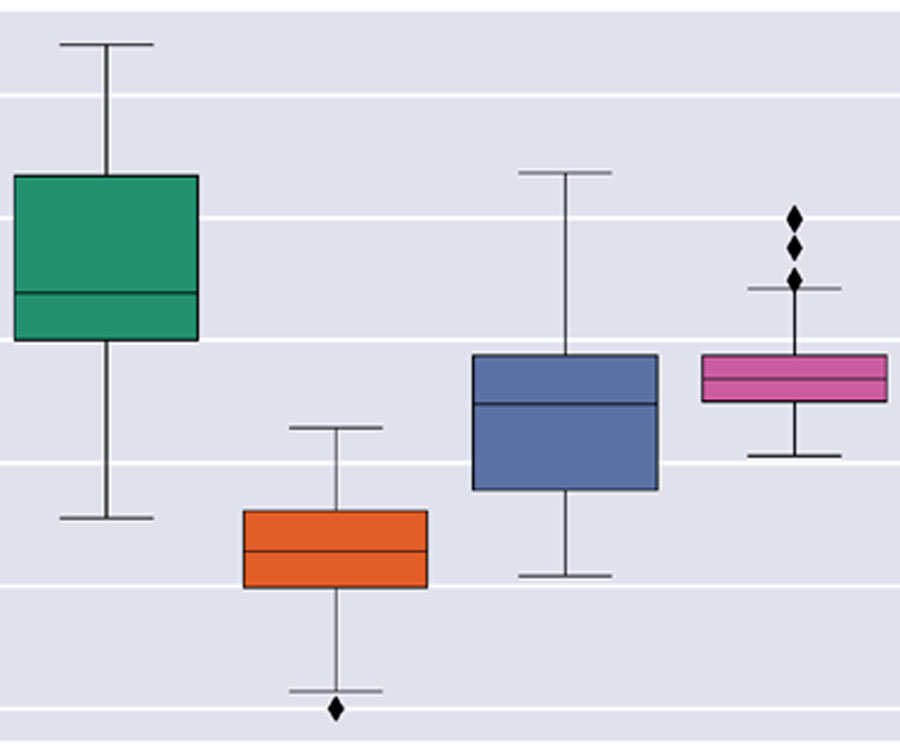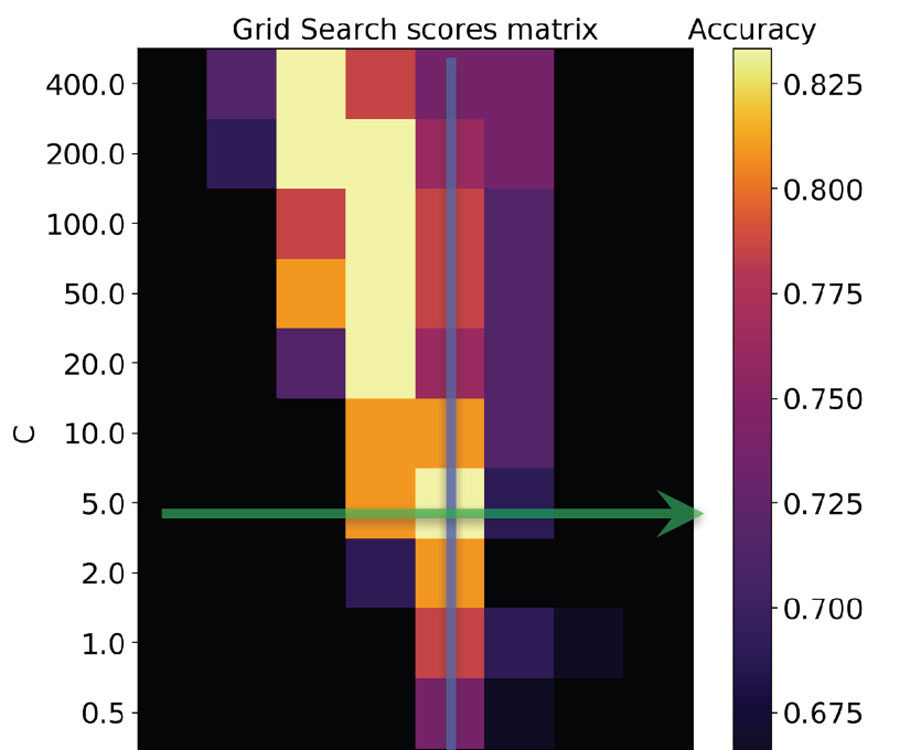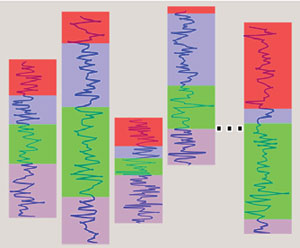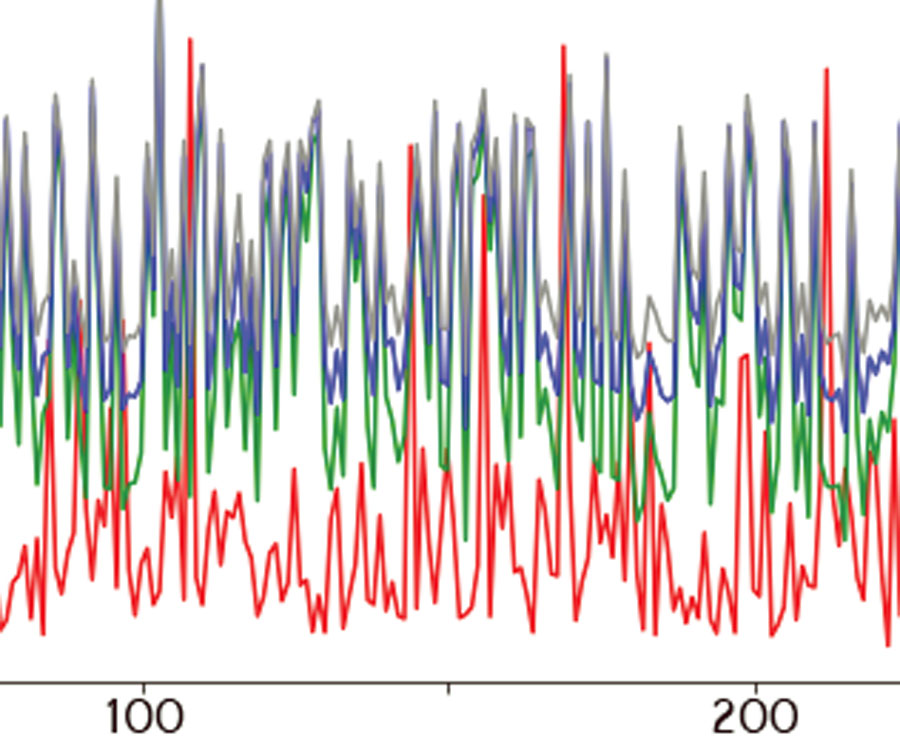All the resources below were accessed on 18 August, 2015.
Python Scientific Installation
If you want to install Python, which you would need to run many of the resources in this section, and the IPython Notebook from Evan Bianco’s article, I recommend using the Anaconda free Python distribution, which can be used for both noncommercial and commercial purposes, and redistributed: http://continuum.io/downloads, and includes all the main scientific computing libraries you will need (Numpy, Scipy, Pandas, Matplotlib, etc). Once Anaconda is installed, you can start IPython Notebook from its launcher, and open an existing notebook or create a new one, or start IPython Notebook natively in your browser. In the latter case, say you have created a folder called
C:\PythonWork\Notebooks
you would open a Command Prompt terminal, and at the prompt C:\> you’d type:
>>> cd PythonWork\Notebooks
>>> IPython notebook
which will automatically start IPython Notebook on your browser.
Getting started with Python
Python Codecademy course:
https://www.codecademy.com/tracks/python
Diving into Python (Python from novice to pro), by Mark Pilgrim:
www.diveintopython.net/toc/index.html
Python Google course, complete with video lectures, notes, exercises and solutions, by Nick Parlante, Stanford University:
https://developers.google.com/edu/python/ and his collection of Python practice problems: http://codingbat.com/python
Learning more Python with games, challenges, contests, Hackathons
Invent Your Own Computer Games with Python, by Al Sweigart:
https://inventwithpython.com/chapters/
Hacking Secret Ciphers with Python, also by Al Sweigart:
https://inventwithpython.com/hacking/chapters/
The Python challenge:
www.pythonchallenge.com
Kaggle Python competitions:
https://www.dataquest.io/course/kaggle-competitions
Agile Geoscience 2015 Geophysics Hackathon in New Orleans (pre-SEG event):
http://www.agilegeoscience.com/events/2015/10/17/geophysics-hackathon-2015
Spacehack, a directory of ways to participate in space exploration:
http://spacehack.org/
Computer science courses (using Python)
Computer Science For All, Harvey Mudd College:
https://www.cs.hmc.edu/csforall/
with additional programming exercises:
https://www.cs.hmc.edu/twiki/bin/view/ModularCS1/CS5BlackMasterHWPage
How to Think Like a Computer Scientist: Interactive Edition:
http://interactivepython.org/runestone/static/thinkcspy/index.html
Python resources for scientific computing
Python Scientific Lecture Notes:
http://www.scipy-lectures.org/
Exploratory computing with Python, Delft University:
http://mbakker7.github.io/exploratory_computing_with_python/
Essentials of Machine learning algorithms, by Sunil Ray:
http://www.analyticsvidhya.com/blog/2015/08/common-machine-learning-algorithms/
Kaggle machine learning course:
https://www.dataquest.io/course/machine-learning
Implementing a Principal Component Analysis in Python step by step, by Sebastian Raschka:
http://sebastianraschka.com/Articles/2014_pca_step_by_step.html
Python resources for geoscience
Agile Geoscience’s several IPython Notebooks:
https://github.com/agile-geoscience/notebooks
SEG Geophysical tutorials:
http://wiki.seg.org/wiki/Geophysical_tutorials
Fatiando a Terra, a module for gravity, magnetics, seismic modeling:
http://www.fatiando.org/
Python for Geosciences:
https://github.com/koldunovn/python_for_geosciences
ObsPy, A Python Toolbox for seismology/seismological observatories:
http://docs.obspy.org/















Join the Conversation
Interested in starting, or contributing to a conversation about an article or issue of the RECORDER? Join our CSEG LinkedIn Group.
Share This Article